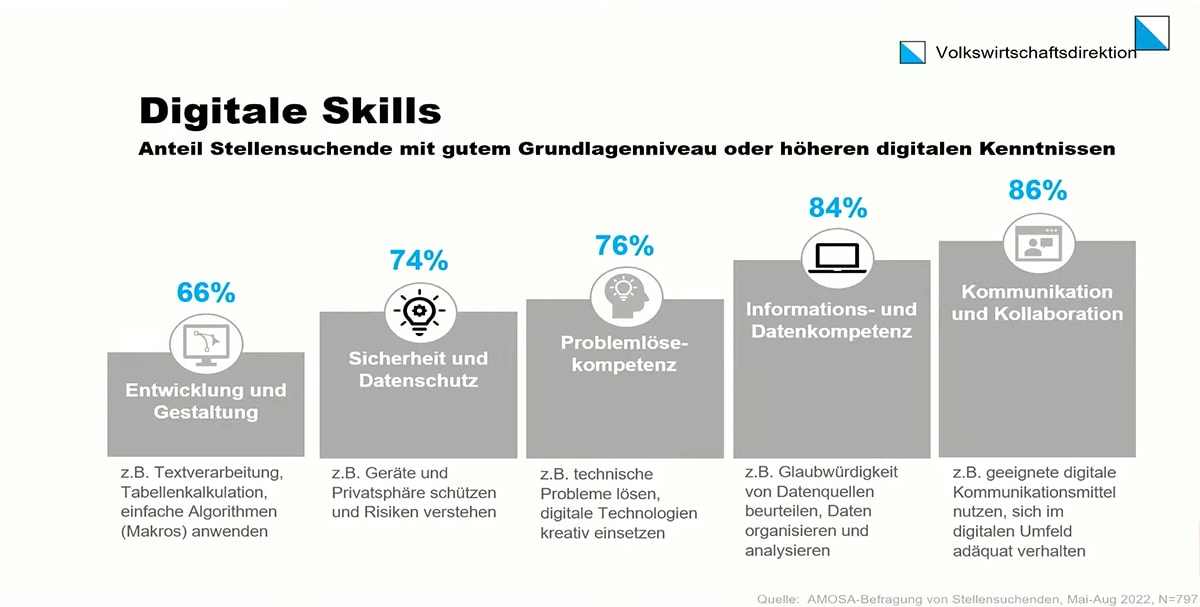AI increasingly endangers office jobs, too, according to study
So far, automation and digitization have mainly led to job losses in production. According to a new study, the growing importance of artificial intelligence (AI) will also increasingly jeopardize office jobs in the future.
ChatGPT and other AI applications are about to have a massive impact on the world of work. Professions in marketing and sales, retail, commercial and industrial production are particularly affected, according to a study by labor market watchdog Amosa presented in Zurich on Tuesday.
Jobs in these areas may be particularly at risk in the future, according to the study, because they have a high proportion of routine activities and at the same time have great potential for the use of AI applications.

Artificial intelligence takes over office jobs
"Artificial intelligence could be increasingly used in marketing, for example, when it comes to recognizing behavioral patterns and customer needs and the related personalization of advertising," said Katharina Degen, head of Amosa Labor Market Monitoring.
According to the study, office and secretarial occupations are particularly at risk. But the retail trade, which has already come under heavy pressure from online retailing, is also likely to remain in focus.
According to Amosa, the labor market authorities and various employer associations agree that in a working world characterized by digitization and a shortage of skilled workers, it will be a matter of ensuring that employees can acquire the necessary skills to work in the occupations that are in demand. Digital skills in particular should be specifically promoted.

Many jobs in production have disappeared
The study "Work 4.0 - The future of work" also examined the transformation of the world of work in retrospect. In the period from 2010 to 2020, the study showed a strong shift from manual to cognitive activities. In addition, routine activities are becoming less important. Jobs in production companies were mainly affected by the change.
Employment in manual routine activities has shrunk by 22 percent since 2010. Conversely, cognitive and interactive non-routine activities have grown strongly in importance. Employment in these areas grew by more than 30 percent over the same period.
Amosa is a joint project of the labor market authorities of the cantons of Aargau, Appenzell Innerrhoden, Appenzell Ausserrhoden, Glarus, Graubünden, Schaffhausen, St. Gallen, Thurgau, Zug and Zurich. (SDA/swi)











